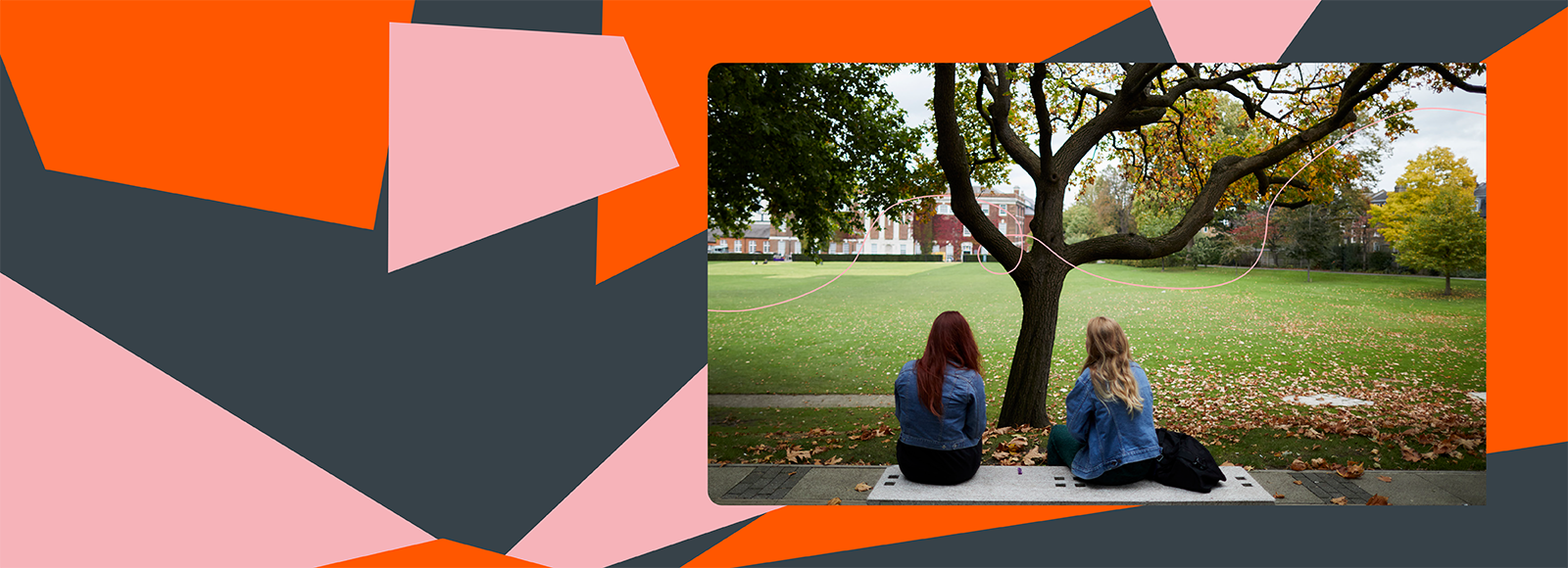- ...
This is a pathway of the MA Applied Anthropology & Community & Youth Work, aimed at applicants who may not need a National Youth Agency qualification in youth work (JNC) and those who want to become specialists in community development or community arts.
You’ll need:
For fees and funding options, please visit website to find out more
Goldsmiths offers a range of financial support including postgraduate scholarships, bursaries and fee waivers. These are awarded based on a variety of criteria, for example academic achievements or personal circumstances.
Increasing employment prospects are central to this programme.
Our graduates find work directly or indirectly related to the disciplines relatively quickly after graduating, or even while on the programme. The majority of our students gain work in youth work or community work. Examples of recent graduate employment include:
Some seek and gain work in a wide range of other settings, often shaped by the particular interests that they develop during their time with us, such as working with refugees or with disability groups. Others join social enterprises to bid for contracts, join newly developing cooperatives or established NGOs in the UK and abroad.
The Department of Anthropology teaches two of the core components of your degree:
In addition, we strongly encourage all students, particularly those without a background in anthropology, to sit in on other MA option courses offered by the anthropology department, such as Anthropological Theory, Anthropology of Development, Anthropology of Violence, Anthropology of Art and Anthropology and the Environment.

A melting-pot of ideas, one creative powerhouse One Goldsmiths At Goldsmiths, academic excellence and imaginative course content combine to make a pla...